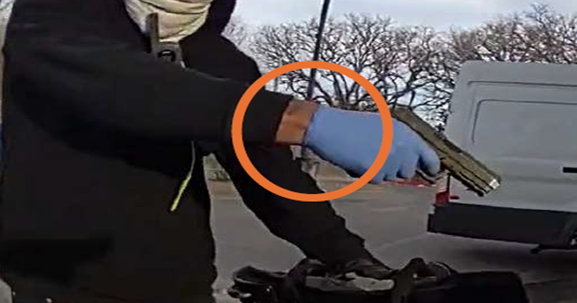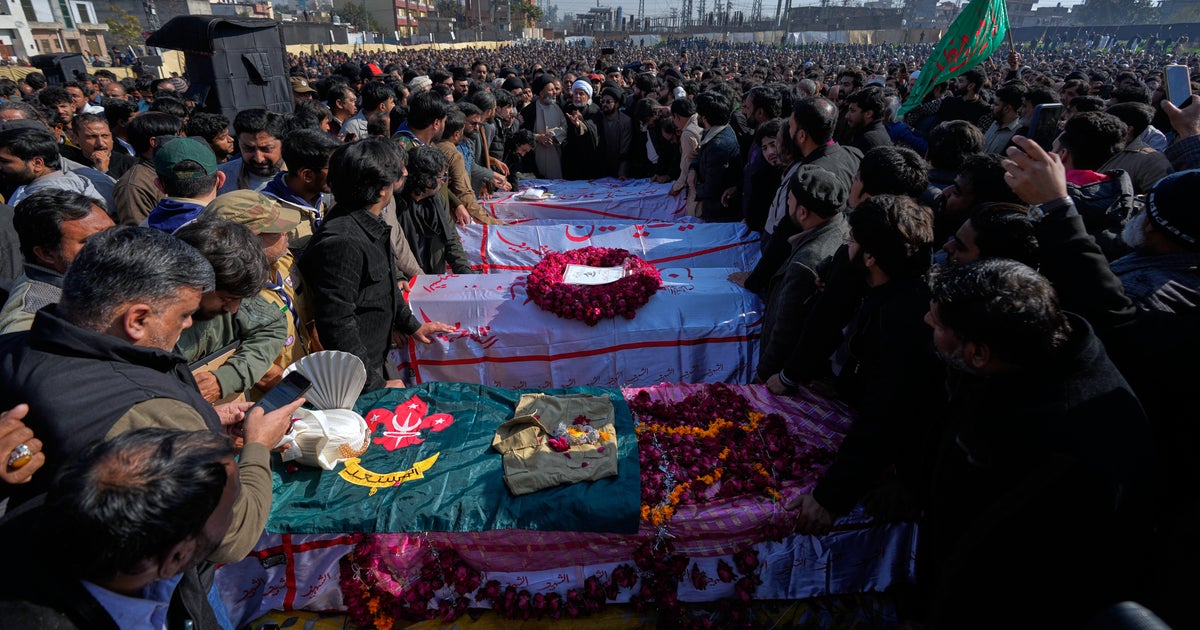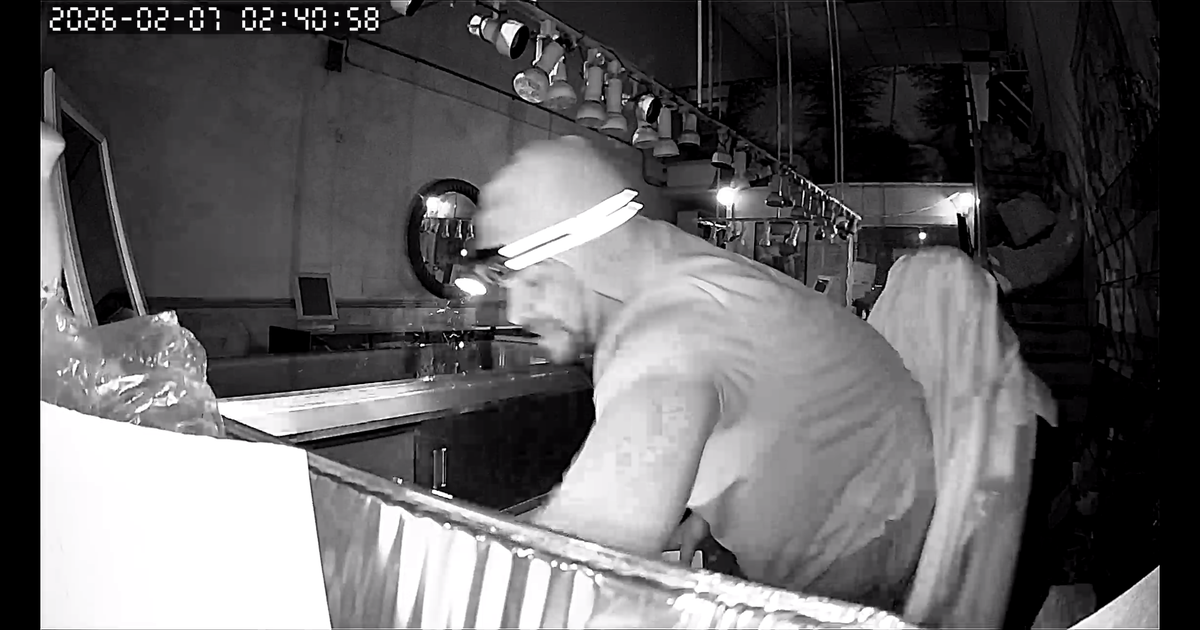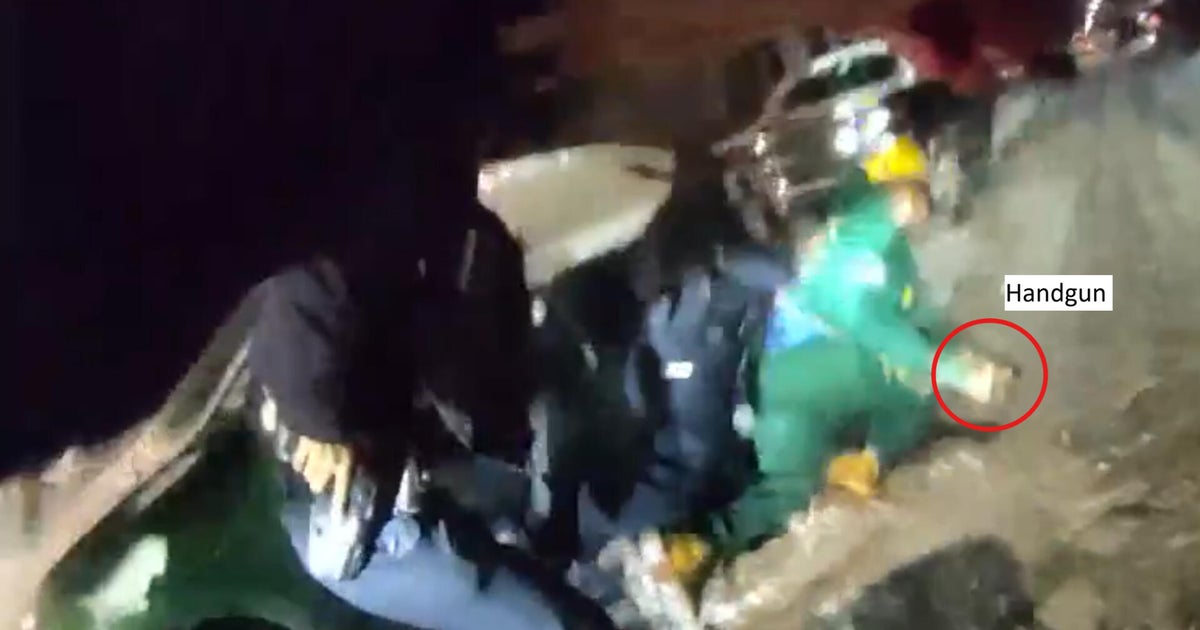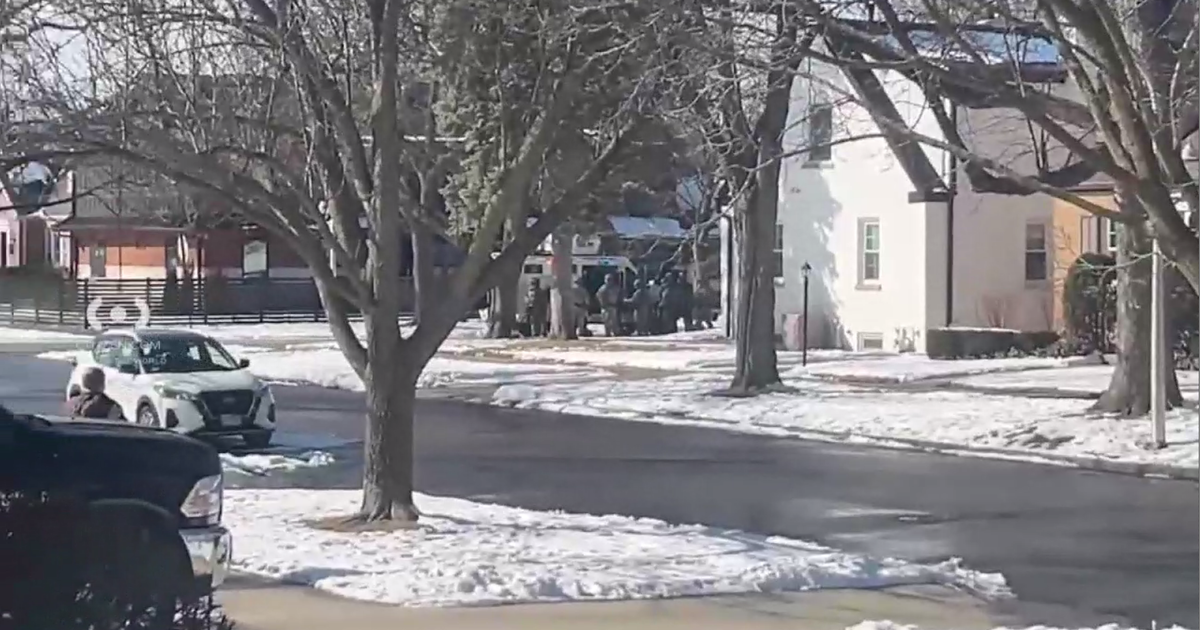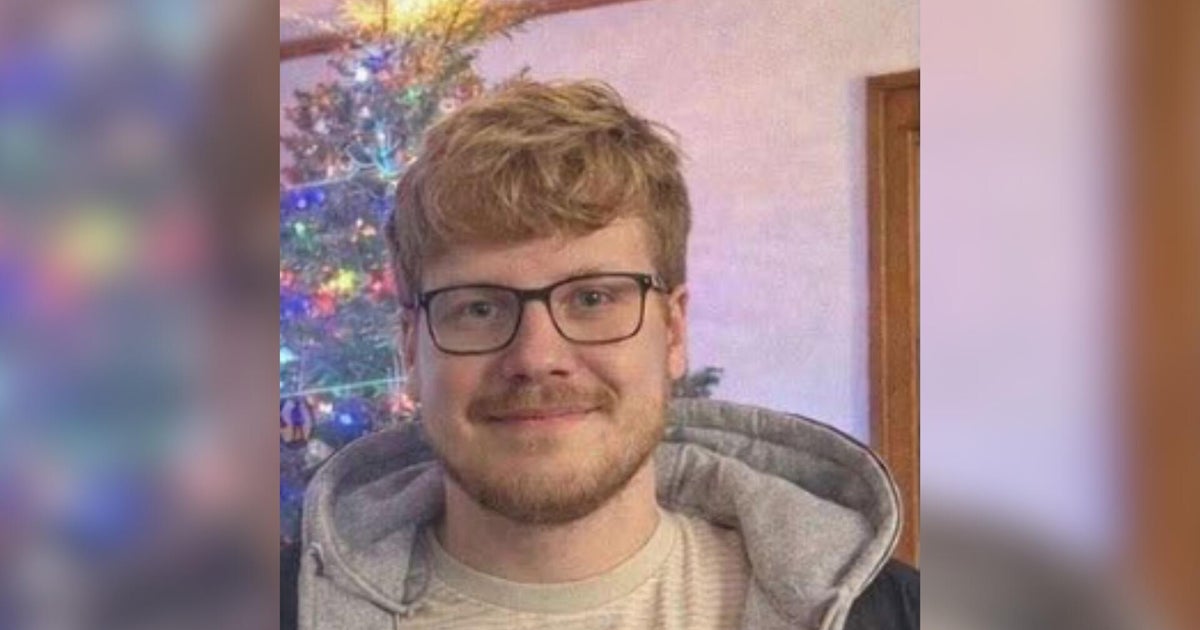Police: Suspected Serial Bomber In Texas Is Dead
Follow KDKA-TV: Facebook | Twitter
AUSTIN, Texas (AP) -- As a SWAT team closed in, the suspected bomber whose deadly explosives terrorized Austin for three weeks used one of his devices to blow himself up. But police warned that he could have planted more bombs before his death, and they cautioned the city to stay on guard.
Mark Anthony Conditt, an unemployed college dropout, had been tracked down using store surveillance video, cellphone signals and witness accounts of a strange-looking customer making purchases in a disguise that included a blonde wig and gloves. His motive remained a mystery.
Police finally found the 23-year-old early Wednesday at a hotel in a suburb north of Austin known as the scene for filming portions of "Friday Night Lights." Officers prepared to move in for an arrest. When the suspect's sport utility vehicle began to drive away, they followed.
Conditt ran into a ditch on the side of the road, and SWAT officers approached. That's when he detonated a bomb inside the vehicle, Austin Police Chief Brian Manley said.
Authorities did not immediately say whether Conditt acted alone in the five bombings in the Texas capital and suburban San Antonio that killed two people and wounded four others.
Investigators released few details about Conditt, except his age and that he was white. Neighbors say he was home schooled. He later attended Austin Community College from 2010 to 2012, according to a college spokeswoman, but he did not graduate.
In posts dated from 2012, a blogger who identified himself as Mark Conditt of suburban Pflugerville wrote that gay marriage should be illegal. He also called for the elimination of sex offender registrations and argued in favor of the death penalty. He listed his interests as cycling, tennis and listening to music.
Of gay marriage, Conditt wrote: "Homosexuality is not natural. Just look at the male and female bodies. They are obviously designed to couple."
Jay Schulze, who lives in Pflugerville, said he was jogging Tuesday night when he was stopped by police and asked about the bombings. He said police flew drones over Conditt's home for about six hours between Tuesday evening and early Wednesday morning.
Schulze described the home as "a weird house with a lot of people coming and going" and a bit rundown.
A neighbor who watched Conditt grow up said he always seemed smart and polite. Jeff Reeb said he has lived next to Conditt's parents for about 17 years and described them as good neighbors. Conditt had visited his parents regularly, he said.
Conditt's family released a statement saying they had "no idea of the darkness that Mark must have been in." His uncle, Mike Courtney, described his nephew as a "computer geek" who was intelligent and kind.
Austin was hit with four bombings starting on March 2. First packages left on doorsteps exploded, then a bomb with a tripwire was placed near a public trail. A fifth parcel bomb detonated early Tuesday at a FedEx distribution center near San Antonio.
Rep. Michael McCaul, a Republican from Austin, said Conditt's "fatal mistake" was walking into a FedEx store to mail a package because that allowed authorities to obtain surveillance video that showed him and his vehicle, along with his license plate number. From there, investigators could identify the suspect and eventually track him using his cellphone.
Police warned of the possibility that more bombs had yet to be found.
"We don't know where this suspect has spent his last 24 hours, and therefore we still need to remain vigilant to ensure that no other packages or devices have been left to the community," Manley said.
By late afternoon, federal officials had a "reasonable level of certainty" that there were no more package bombs "out in the public," said Fred Milanowski of the U.S. Bureau of Alcohol, Tobacco, Firearms and Explosives. But authorities urged continued awareness just in case.
Homemade explosives were recovered from Conditt's home. Two of his roommates were detained for questioning. One was later released.
Investigators initially believed the bombings may have been hate crimes because the victims of the earliest blasts were black, but they backed off that theory after Hispanic and white victims from different parts of the city were also affected.
Milanowski, the agent in charge of the Houston division of the ATF, said it was "hard to say" if the bombing suspect had acted alone.
"What we do know is we believe the same person built each one of these devices," he said.
Austin Mayor Steve Adler thanked law enforcement for their work in bringing down the suspect and urged residents to continue to report anything that appeared suspicious or out of place.
Isaac Figueroa, 26, said he and his brother heard sirens and helicopters around 2 a.m. Wednesday in the area and drove toward them, then cut through nearby woods on foot after they hit a police roadblock.
Figueroa said they saw a sport utility vehicle that was pinned between large vans and "looked like it had been rammed off the road." He said police later deployed a robot to go examine the vehicle.
President Donald Trump, who had earlier said whoever was responsible for the Austin bombings was "obviously a very sick individual," tweeted, "AUSTIN BOMBING SUSPECT IS DEAD. Great job by law enforcement and all concerned!"
The suspect's death followed a day of rapid-fire developments in the case. Early Tuesday, a bomb inside a package exploded as it passed along a conveyer belt at a FedEx shipping center in Schertz, northeast of San Antonio and about 60 miles (95 kilometers) southwest of Austin.
Later in the day, police sent a bomb squad to a FedEx facility outside the Austin airport to check on a suspicious package. Authorities later said that package contained an explosive that was tied to the other bombings.
(© Copyright 2018 The Associated Press. All Rights Reserved. This material may not be published, broadcast, rewritten or redistributed.)

